Description
AFLS: Assessment of Functional Living Skills (Guide and Six Protocols) consists of:
- The AFLS Guide- A teaching companion that contains task analyses, teaching suggestions, and prompting strategies
- Six individually available assessment protocols including Basic Living Skills, Home Skills and Community Participation Skills, School Skills, Independent Living Skills and Vocational Skills
The AFLS is comprised of The AFLS Guide and assessment protocols that assess functional, practical, and essential skills of everyday life. Although each assessment protocol can be used as a standalone assessment, we conceptualize all protocols as being different modules of an extended assessment that exists on a continuum spanning throughout a learner’s life in home, school, and community settings. Each module is different yet each is connected by unifying themes and overarching goals for maximizing a learner’s freedom, independence, and opportunities. Bundle multiple modules and customize the perfect assessment for your setting and situation. The Original AFLS Bundle Set includes Basic Living Skills, Home Skills and Community Participation Skills. The School Skills, Independent Living Skills and Vocational Skills Protocols are sold separately.
Basic Living Skills
Basic self-help, self-care, self-management, hygiene, routines, and core communication skills are assessed in this protocol. The skills assessed in The Basic Living Skills Assessment Protocol should be thought of as a prerequisite for any functional skills program for any learner regardless of age, setting, or disability. These essential skills, if not mastered, will have a profound impact on a learner’s ability to live independently, to be successful in school, and to take advantage of various social and recreational activities throughout the learner’s life. The Basic Living Skills Protocol includes:
- Self-Management
- Basic Communication
- Dressing
- Toileting
- Grooming
- Bathing
- Health, Safety & First Aid
- Nightime Routines
Home Skills
Whether the learner is living with parents, living in a supported facility, living in a group home or living independently or with roommates, the Home Skills Assessment Protocol provides an essential review of skills required for living in a home. Basic and advanced home skills of preparing and eating meals at home, cleaning tasks around the home, clothing, laundry, leisure skills, and the day-to-day mechanics of living in a home are assessed. Home Skills Protocol includes:
- Meals at Home
- Dishes
- Clothing and Laundry
- Housekeeping and Chores
- Household Mechanics
- Leisure
- Kitchen
- Cooking
Community Participation Skills
Participating in the community begins with learning to physically navigate safely around all the common aspects of sidewalks, streets, and signs along with people encountered while walking or while being transported. To be able to independently shop in grocery and department stores, shop at the mall, and eat at fast food or sit-down restaurants requires a wide variety of skills. The ability to tell time and use time related concepts, making and keeping appointments, using a phone, and other skills to help learners stay connected and interact with others in the community are also assessed in this protocol. Community Participation Skills Protocol includes:
- Basic Mobility
- Community Knowledge
- Shopping
- Meals in Public
- Money
- Phone
- Time
- Social Awareness and Manners
School Skills
It is important for a learner to be an active participant in a variety of skills, routines and social situations in educational settings. These skills are essential in striving for independence and successful functioning in different types of classrooms, in all parts of the school campus, and with peers and various staff. This assessment covers all age levels of education (i.e., elementary school, middle school, high school, college). It also incorporates skills that are necessary in a wide range of classroom environments (i.e., special day classes, “pull out” classrooms, inclusion, regular education), and considers the individual’s level of development (e.g., language, behavior, and cognitive abilities). The School Skills Protocol includes:
- Classroom Mechanics
- Routines and Expectations
- Meals at School
- Social Skills
- Technology
- Common Knowledge
- Core Academics
- Applied Academics
Independent Living Skills
This Protocol provides caregivers and professionals with information to teach essential skills to learners who are being prepared to live either independently or in a shared residence with others. This criterion-referenced assessment covers a wide variety of skills that promote independent living. There are many skills that are critical in order to live independently including organizing possessions, cleaning and cooking as well as money management skills related to financial planning, banking, bill paying, using debit and credit cards, and shopping. Each learner needs to know how to travel in the community, must also have good hygiene practices, and take medication as prescribed. This protocol also incorporates skills about the assertion of personal rights, awareness of the motivation of others as well as managing relationships with others in various settings. The Independent Living Skills Protocol includes:
- Organizational Skills
- Self-Care
- Maintenance & Cleaning
- Mechanics & Repairs
- Community Travel
- Transportation
- Kitchen Tools & Appliances
- Food & Meal Planning
- Money Management
- Independent Shopping
- Personal Management
- Safety
- Problem Solving
- Social Interactions
- Living with Others
- Interpersonal Relationships
Vocational Skills
This protocol provides caregivers and professionals with information to teach essential skills to learners preparing to enter the workforce or those who are already working but want to further develop skills for a wide variety of settings. This criterion-referenced assessment covers skills related to obtaining employment, searching for job openings, creating resumes, completing applications, and preparing for interviews. This protocol also includes a wide range of basic work-related skills such as job safety, payroll, financial issues, and interacting with supervisors and co-workers. It also includes a review of skills required in specific types of jobs in a variety of settings. The assessment evaluates vocational skills for individuals with various types and levels of disability. The Vocational Skills Protocol includes:
- Job Search
- Interview
- Basic Skills
- Coworker Relations
- Workplace Safety
- Fixed Activity Skills
- Custodial & Cleaning
- Laundry
- Retail
- Support Personnel
- Office Skills
- Computer Skills
- Restaurant Skills
- Restaurant Kitchen
- Warehouse
- Tools
- Trades & Construction
- Landscaping
AFLS Skills Samples and Tracking Grid
AFLS Skills Assessment Protocol Samples:
The links below connect to a variety of pages taken from the Basic Living Skills, Home Skills, and Community Participation Skills Assessment Protocols. There are 735 skills across these three assessment modules. The sample of pages below provide a brief sample into the wide range of skills assessed in the AFLS.
AFLS Skills Tracking Grid Samples:
Each AFLS Module contains a unique skills tracking grid used to depict the assessment results. The skills tracking grid allows you to see the results, select skills that are in need of instructional support, track progress over subsequent administrations, and compare progress over time. The samples below are taken from two different children; a typically developing 12 year old male and a 10 year old male diagnosed with autism. The shading of the different cells and rows represent progress or mastery of the different skills in each protocol. More shading means the learner has acquired more skills. Less shading means the learner has not yet acquired those skills. AFLS grids will be different for each child dependent upon their own functional experiences.





Sample Scores on AFLS Tracking Grids
-
12 year 7 month typical male
-
10 year 7 month male with autism
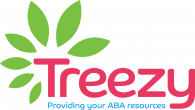
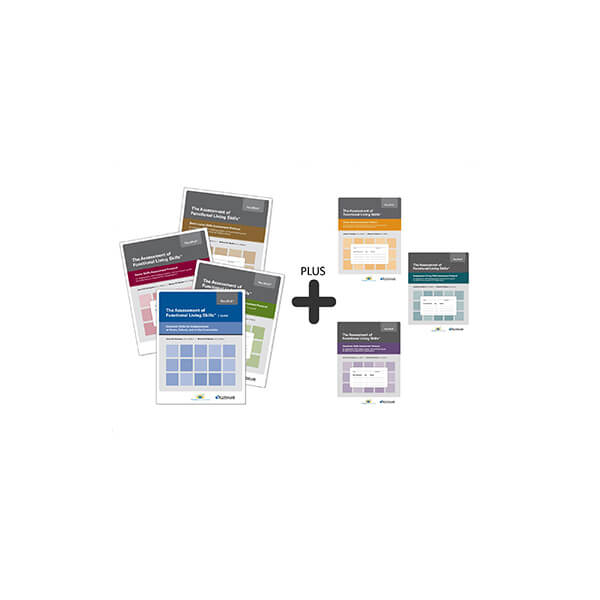
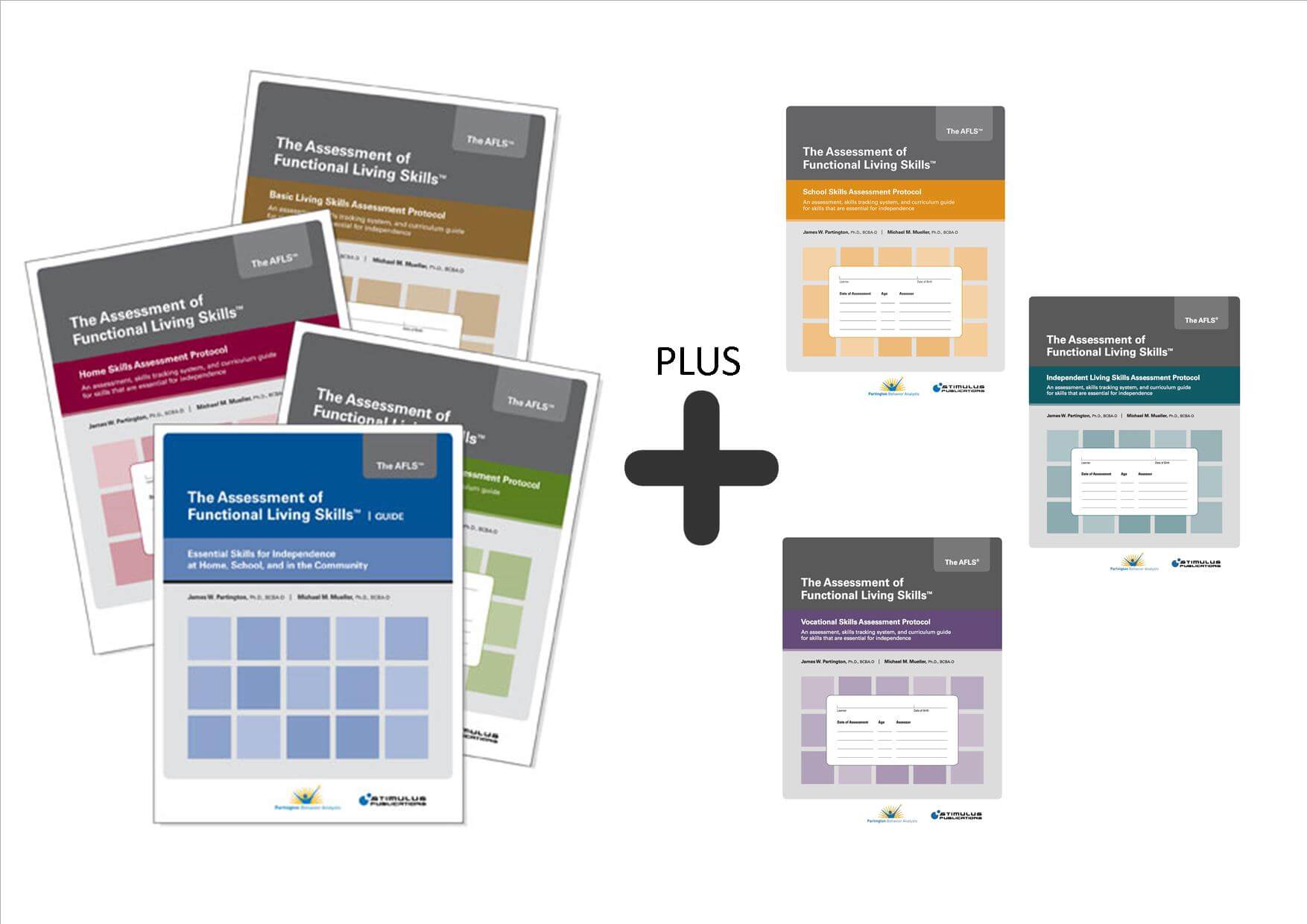
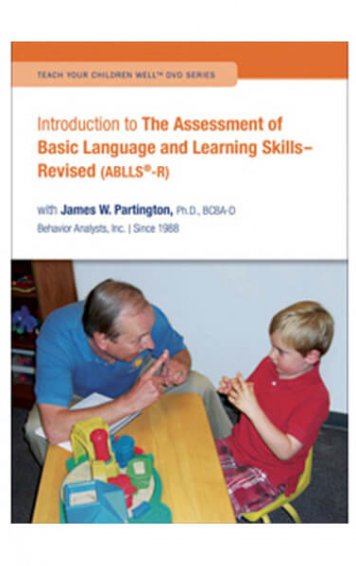
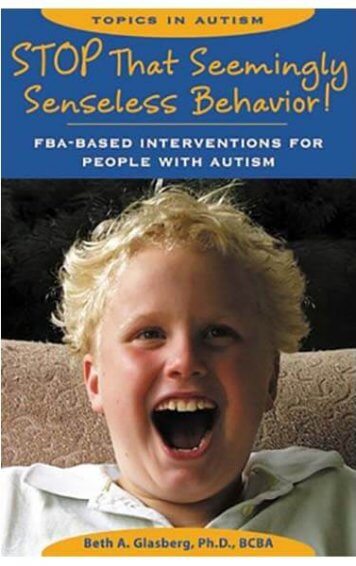

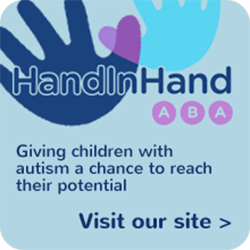

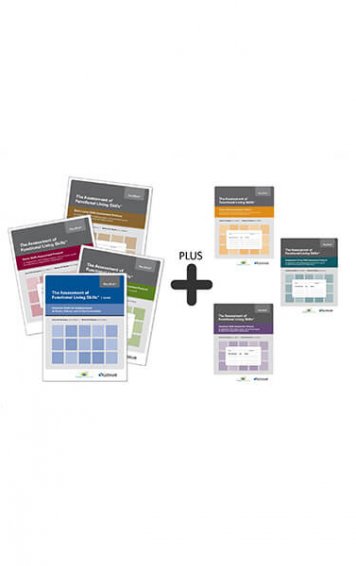
What others are saying
There are no contributions yet.